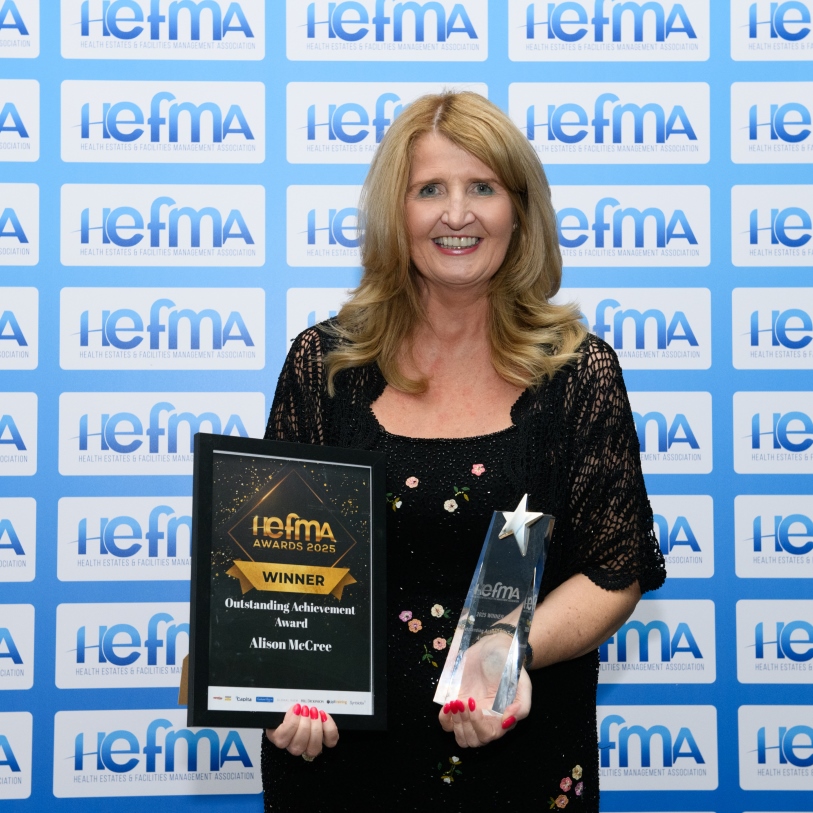Unions have criticised the government for not learning from the mistakes of its predecessors and continuing to rely on the “slow, outdated and unnecessary pay review body process.”
Helga Pile, Head of Health at UNISON, says this process has “once again failed to deliver.” By contrast, direct talks in Scotland between ministers and unions show what it is possible to achieve, where an 8% two-year deal and inflation-proof guarantee has been agreed.
Accepting the pay review body’s headline recommendations, the government has confirmed a 4% increase for consultants, specialty doctors, specialists and GPs. Resident doctors will receive an average of 5.4%, comprising the 4% rise plus a consolidated payment of £750.
Agenda for Change staff, however, will receive a 3.6% rise. This two-tiered pay award for employees has also been criticised. “The NHS is one team and should be treated that way,” Helga Pile stresses.
“Nurses, porters, paramedics, healthcare assistants, cleaners and other workers on Agenda for Change contracts will feel less valued than their doctor colleagues. That will generate more discontent from an already demoralised workforce.
“So long as coffee shops, supermarkets and parcel delivery firms pay more than the NHS, staff will go on leaving.”
The government has accepted the recommendation to allow the NHS Staff Council to undertake pay structure reform next year to resolve outstanding concerns about banding within the Agenda for Change pay structure.
Pay uplifts will be backdated to April 1 and will appear in pay packets from August. This is two months earlier than last year, but UNISON points out that it is still four months late.
Announcing the pay awards, Health and Social Care Secretary Wes Streeting says: “Despite the difficult financial situation the nation faces, we are backing our health workers with above-inflation pay rises for the second year in a row. The government was never going to be able to fully reverse a decade and a half of neglect in under a year, but this year’s pay increases – and last year’s – represent significant progress in making sure that NHS staff are properly recognised for the outstanding work they do.”
Fully funded
NHS Providers has welcomed the pay awards, which Director of Policy and Strategy, Isabel Lawicka describes as “significant” when considering the state of the economy. However, she adds a caution: “To avoid making severely stretched NHS finances worse they will have to be fully funded.”
Trusts, she says, are working “flat out to protect quality and safety of care,” and are making progress, improving productivity and efficiency while trying to balance the books. Recruiting and retaining staff is essential to meet the challenges ahead, including operational pressures and the need to transform care, and NHS Providers hopes the pay award announcement will help to achieve this, whilst acknowledging that it’s a difficult starting point, given ongoing pay disputes.
Funding of the pay awards is a key issue. “Given the severe financial pressures Trusts face in turning around a nearly £7bn shortfall, it is vital that these pay awards are funded in full. Their finances are really stretched, and they can’t take a further financial hit through having to make up any shortfall in pay settlements at a time when jobs and services are already at risk.”
Ballots open
The British Medical Association has already called on its members to vote on industrial action, saying that the award of 4% plus £750 for resident doctors “makes no meaningful progress” towards restoring pay, pointing out that RPI inflation currently stands at 4.5% and reporting that pay erosion for this group of staff since 2008/09 still stands at 20.9%.
GMB Union has also begun balloting tens of thousands of NHS and ambulance workers. Rachel Harrison, GMB National Secretary says: “We’re pleased dedicated NHS staff will get their pay rise closer to their anniversary date than they have in previous years. The decision on whether this pay award is acceptable is for GMB members to decide.”
The ballot will close on July 17.











